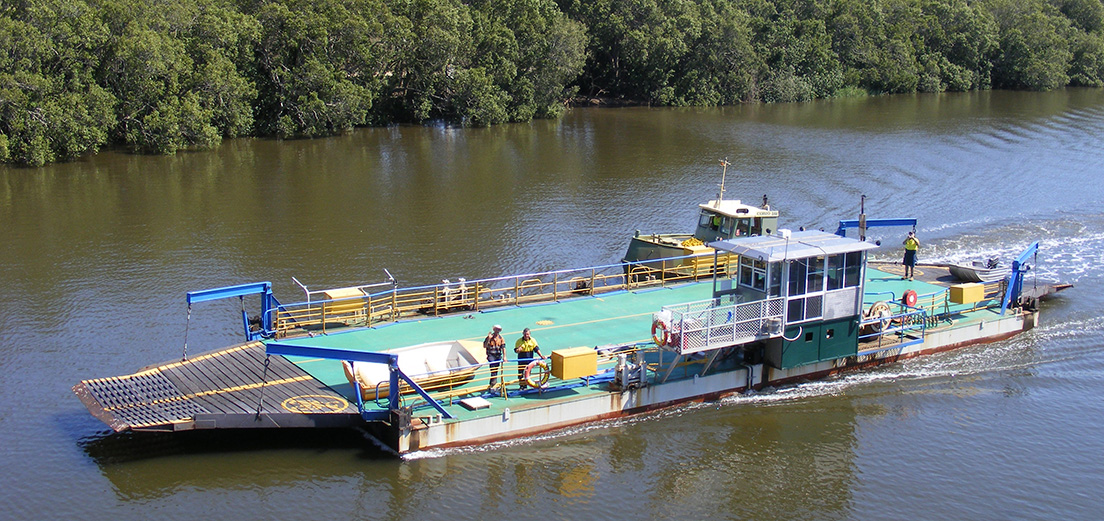The Murrumbidgee and mid-Murray valleys will be hit the hardest by water buybacks driving up prices and reducing production, according to an ABARES report released today, with the Government’s announcement of an assistance package for Murray-Darling Basin communities.
NSW Irrigators’ Council CEO Claire Miller said these Basin communities already struggle to survive droughts when water is scarce and too expensive to grow key crops such as rice, which keep vital processing jobs in towns like Deniliquin.
“This report shows more Government buybacks will add to costs and water scarcity, leaving these and other vulnerable communities in an even more precarious position,” Ms Miller said.
“Murrumbidgee and mid-NSW Murray communities have little scope to diversify their economies beyond irrigated agriculture – if they could, they already would have done so in response to the price and production impacts of previous buybacks.”
Ms Miller said given the Government has been caught out manipulating drought images in its scaremongering urban ad campaign to justify buybacks, it cannot be trusted to be honest now about the impacts on communities.
“The ABARES report says more buybacks will increase average water allocation price about 10%, or $45/ML. What it doesn’t say is that that $45/ML is on top of an average $72/ML increase ABARES has already attributed to past water recovery in earlier reports.
“And in Australia, averages mean nothing. An average $45/ML increase can be expected to surge to hundreds of dollars extra during droughts when prices soar.”
The report says additional water recovery will hurt the Murrumbidgee Valley and the Murray Valley above the Barmah Choke, with the rice industry taking the biggest hit among Basin commodities.
Northern Victoria is also vulnerable, but ABARES admits it does not have the data to properly model dairy impacts.
“The Government’s announcement of $300 million to assist Murray-Darling Basin communities will barely touch the sides on what irrigation-dependent communities will need,” said Ms Miller.
“The economies of agricultural communities are all linked to production. If water buybacks proceed then communities will need much more than a local sugar hit.
“Job losses will extend to rural supply stores, hairdressers, frontline services and hospitality. If agriculture suffers then the whole community suffers.
“When water prices are already high in a drought, that extra added by buybacks is the straw that breaks the camel’s back for many farm enterprises.”







